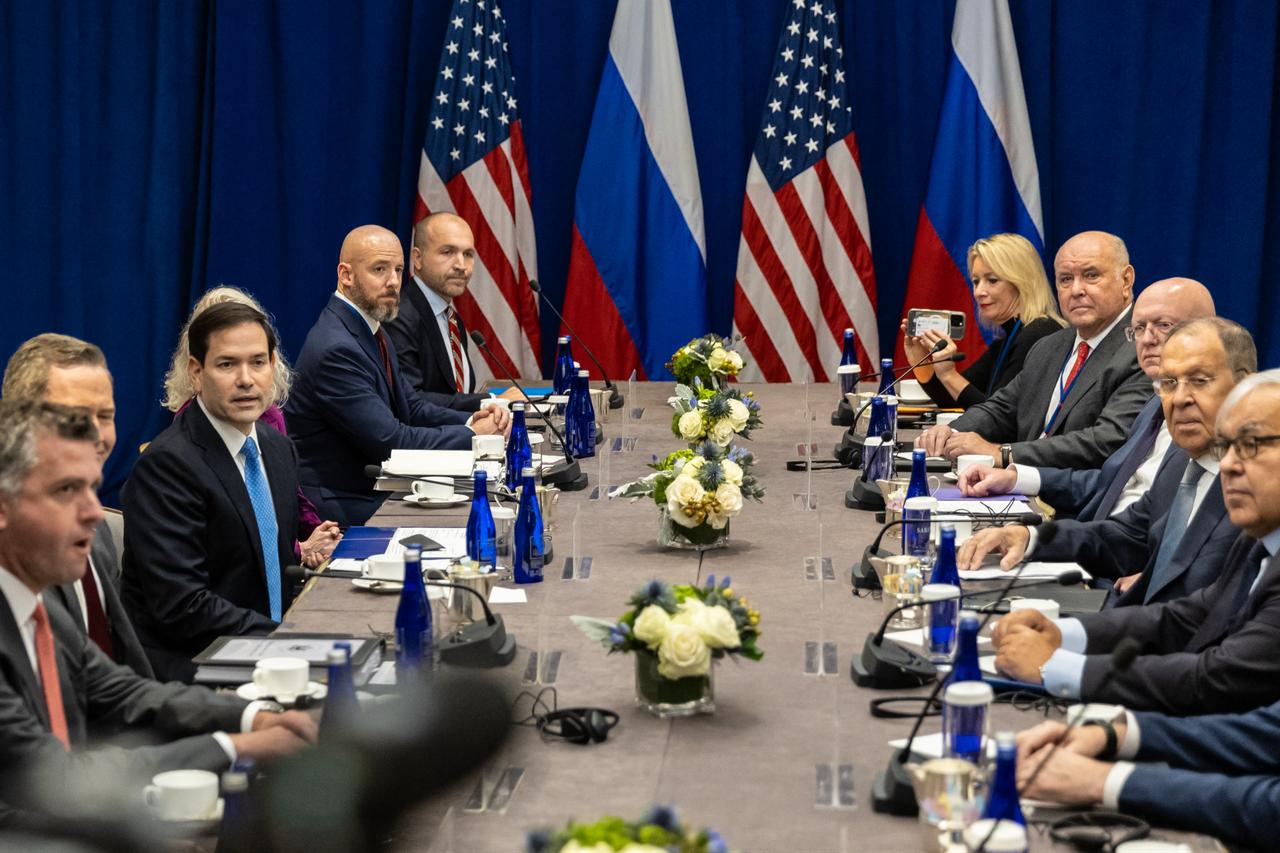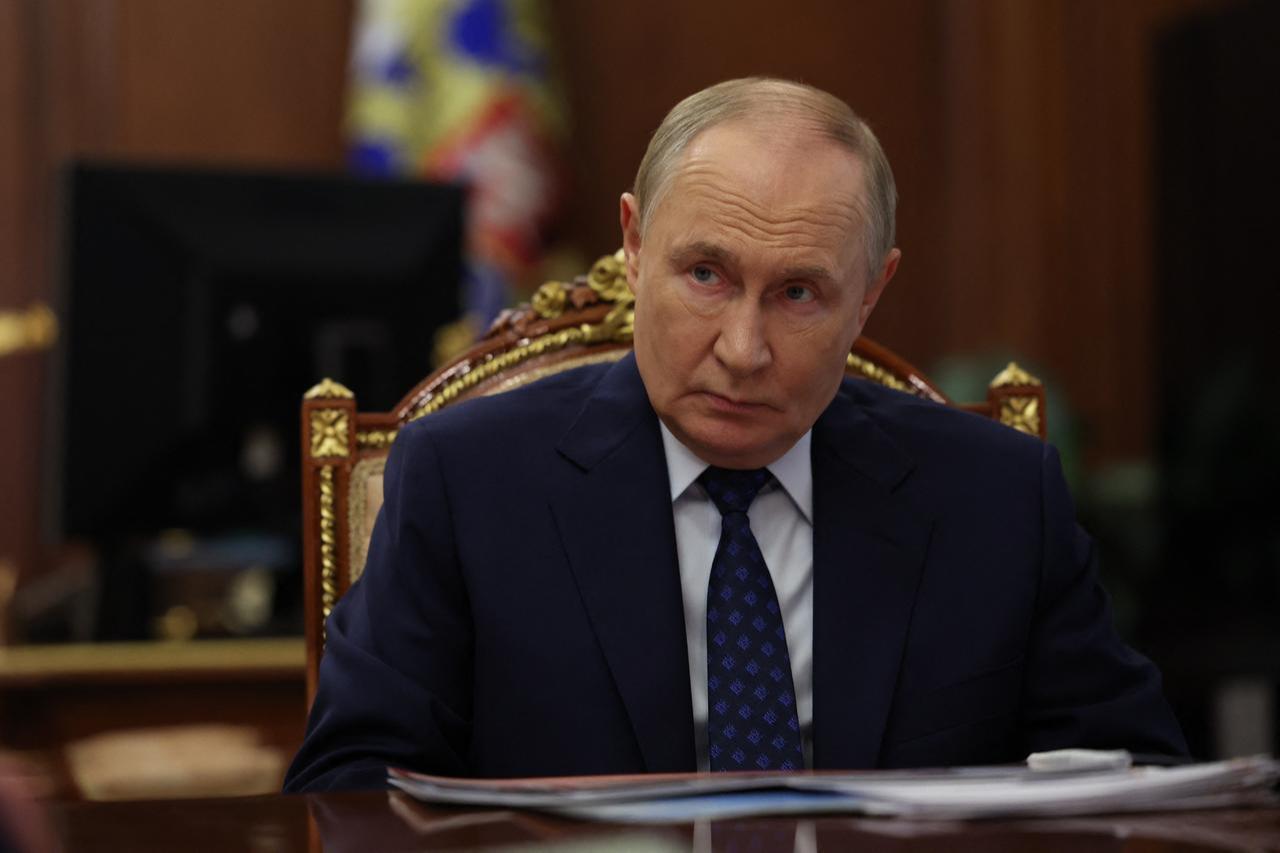
U.S. Secretary of State Marco Rubio met with Russian Foreign Minister Sergey Lavrov on Wednesday at United Nations headquarters, marking the highest-level diplomatic encounter between Washington and Moscow since President Donald Trump's recent invitation to Russian President Vladimir Putin to visit Alaska.
The meeting occurred on the sidelines of the 80th UN General Assembly's High-Level Week, with both sides offering sharply different characterizations of the discussion focused on ending the ongoing war between Russia and Ukraine.
According to a State Department statement, Rubio "reiterated President Trump's call for the killing to stop and the need for Moscow to take meaningful steps toward a durable resolution of the Russia-Ukraine war." The statement emphasized that ending the conflict was the primary focus of the talks between the two foreign ministers.
The diplomatic encounter comes just one day after Trump suggested that Ukraine could retake all territory seized by Russia during the war, marking a notable shift in the president's previous statements about the conflict.

Russia's Foreign Ministry provided a contrasting account, saying Lavrov told his American counterpart that Ukraine and European countries bear responsibility for prolonging the conflict. The ministry said Lavrov "stressed the unacceptability of the schemes promoted by Kyiv and some European capitals aimed at prolonging the conflict."
Neither diplomat made public remarks to reporters following their meeting at UN headquarters in New York.
During his time in New York for the UN High-Level Week, Rubio also held meetings with other world leaders, including Dominican Republic President Luis Abinader, Guyanese President Irfaan Ali, and Vietnamese President Luong Cuong.
The meeting represents a significant diplomatic moment as the Trump administration seeks to navigate its approach to the Ukraine conflict, which has been ongoing since Russia's invasion in February 2022. Trump had previously indicated a desire to quickly resolve the war, though his administration's specific strategy remains under development.